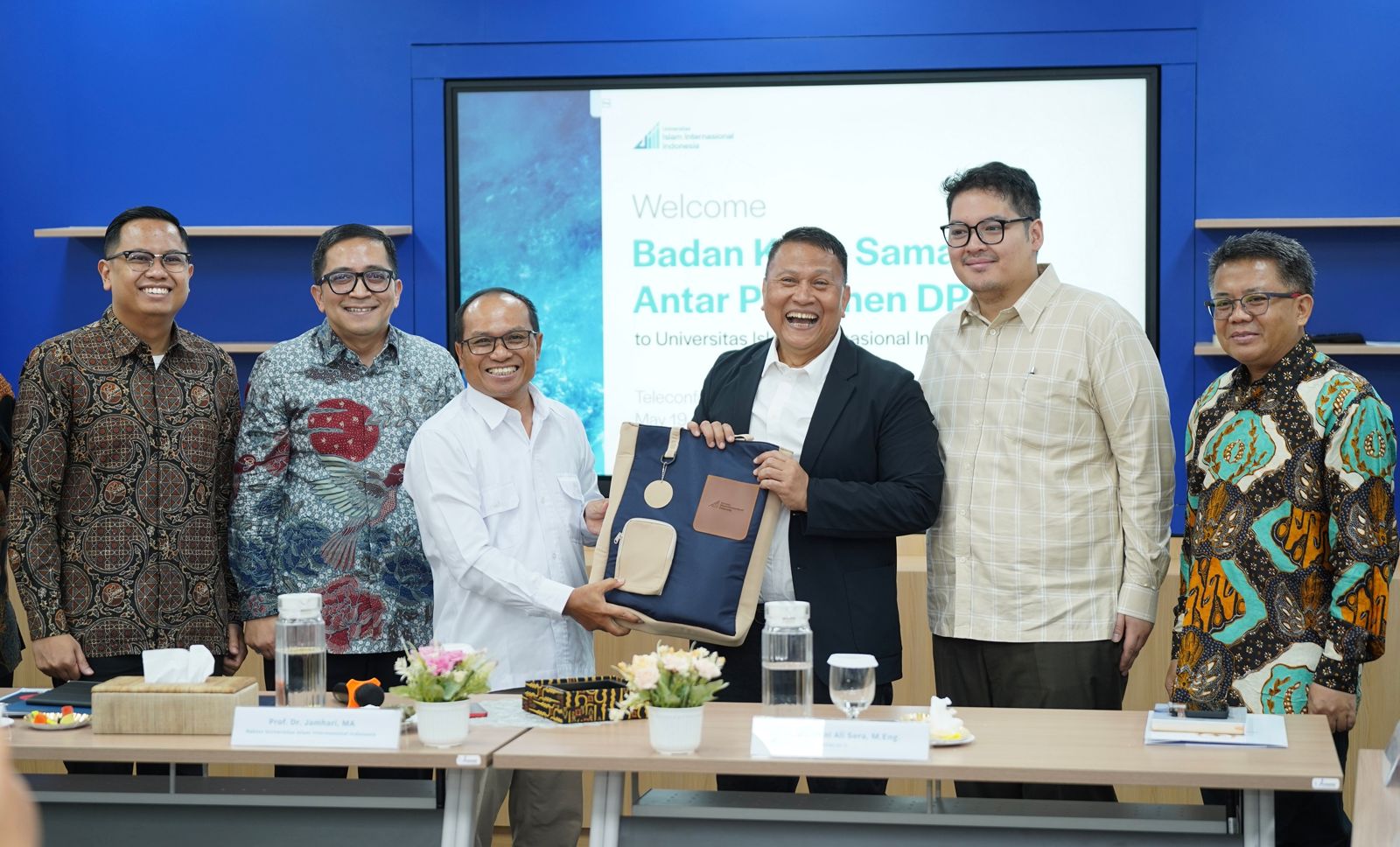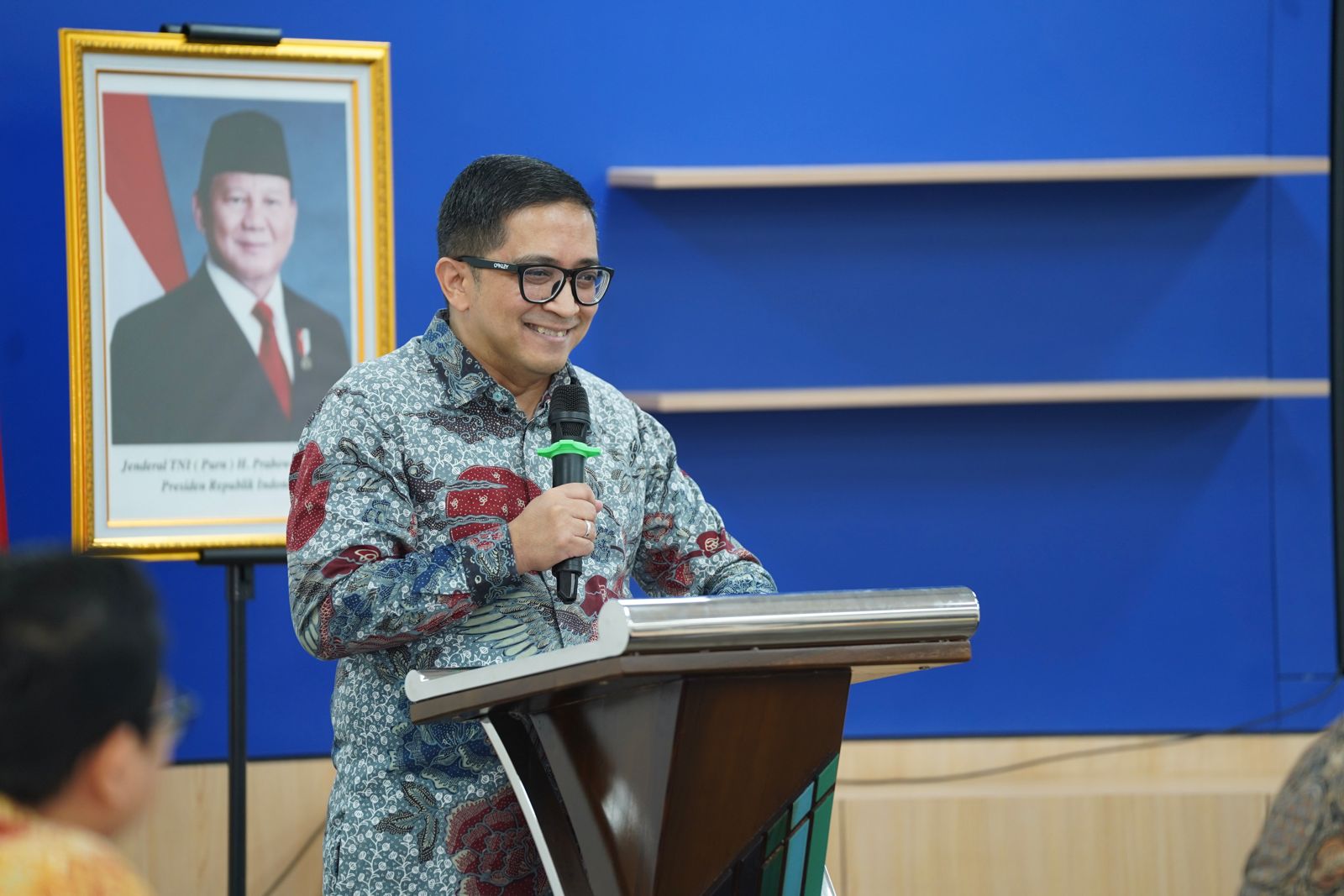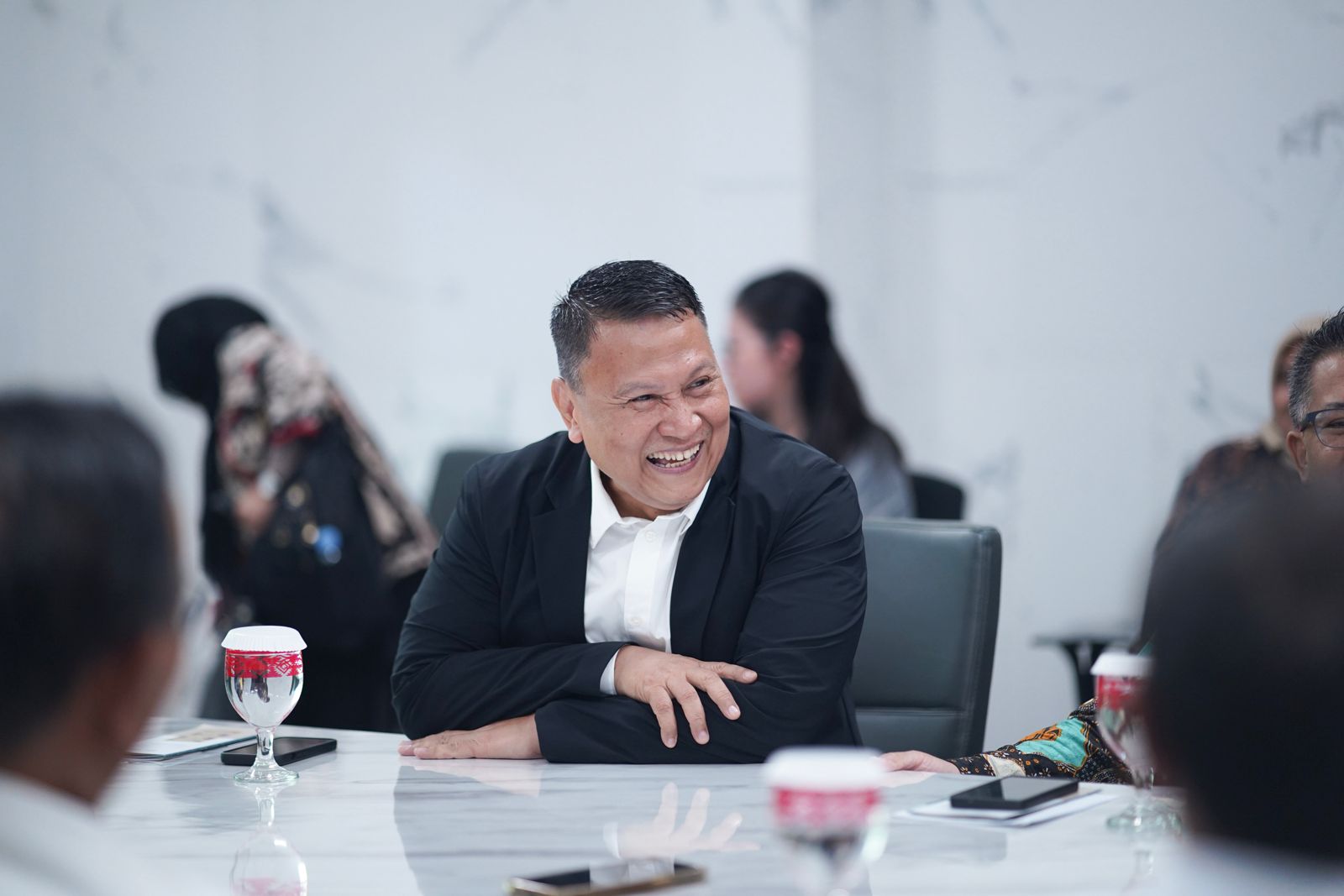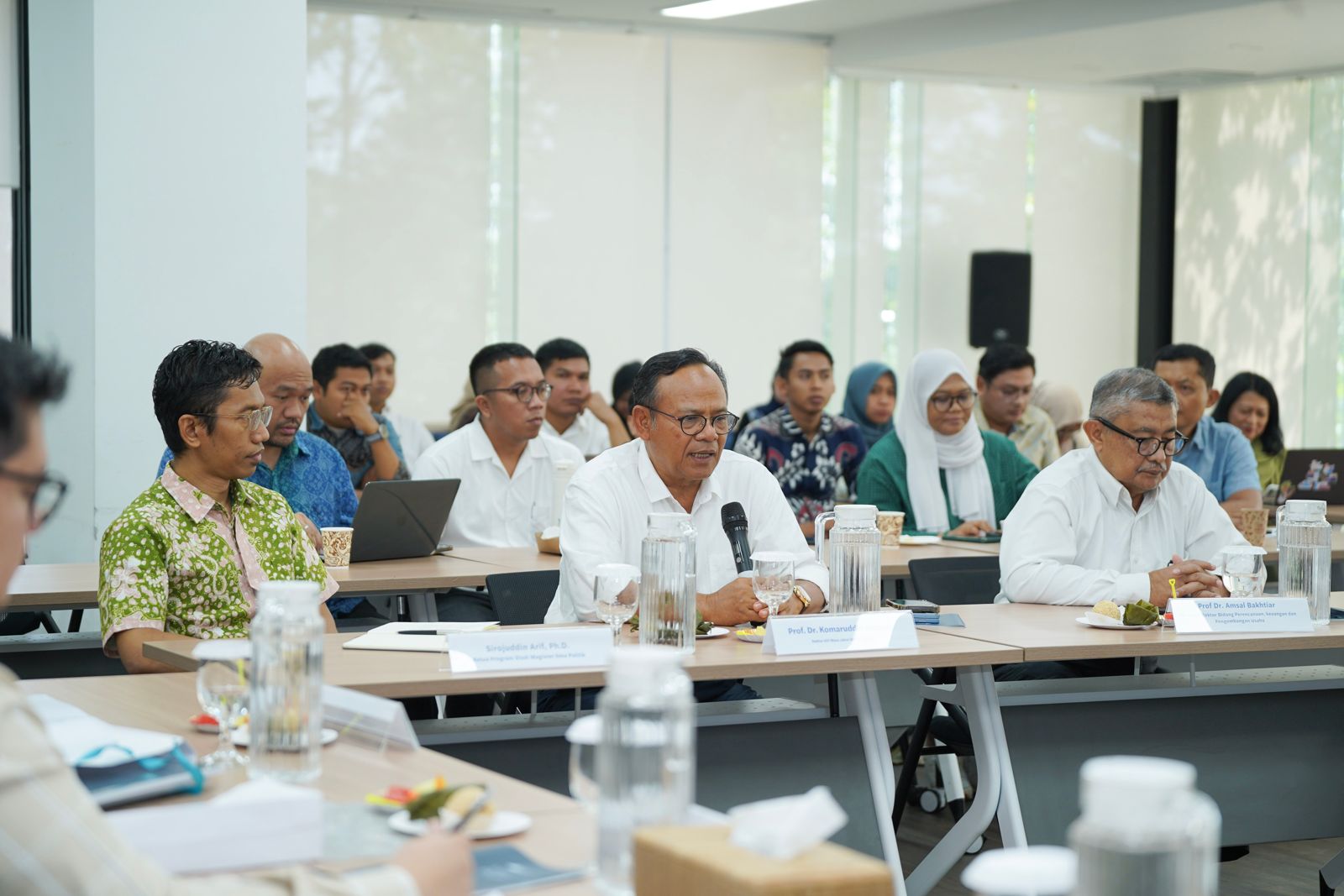More From News
UIII Builds a Bridge to Costa Rica
February 26, 2026
May 20, 2025
Contributor: Supriyono | Editor: Dadi Darmadi | Photo: Achmad Jatnika

As Indonesia moves forward with joining the Organisation for Economic Cooperation and Development and strengthens its role in the Brazil, Russia, India, China, and South Africa group, an important question comes up: ‘How can Indonesia make sure its voice is heard worldwide?’ There’s no single answer, but one thing is clear: working together between Indonesia’s parliament and universities is essential to handle these complex diplomatic processes.
Recognizing this need, the Committee for Inter-Parliamentary Cooperation (BKSAP) of the Indonesian House of Representatives (DPR RI) visited the Universitas Islam Internasional Indonesia (UIII) on May 19, 2025, to explore collaboration in strengthening Indonesia’s diplomatic engagement. The high-level delegation was led by BKSAP Chairman Dr. Mardani Ali Sera, and included members Ravindra Airlangga, M.S., Bramantyo Suwondo, M.IR., and Mohamad Sohibul Iman, Ph.D.
UIII’s academic leadership, including Rector Prof. Dr. Jamhari, former Rector Prof. Dr. Komaruddin Hidayat, University Secretary Dr. Chaider S. Bamualim, Dean of the Faculty of Social Sciences Dr. Philips J. Vermonte, and Dean of the Faculty of Education Prof. Nina Nurmila, along with academics from four faculties, welcomed the visit as an opportunity to build a long-term knowledge partnership with the Parliament.

Dr. Philips J. Vermonte emphasized UIII’s strong commitment to supporting Indonesia’s global diplomacy efforts, expressing the university’s readiness to serve as a strategic knowledge partner for BKSAP and the Parliament in advancing the nation’s position in international negotiations.
“We are ready to help. That’s why we are establishing the Indonesian Institute for Foreign Affairs (IIFA), which will focus on foreign policy. The world is engaged in global debates, but our voice is relatively limited. We don’t want to be just academic [observers]—we aim to be active actors, organizing track 1.5 and track 2 diplomacy to support policymaking, negotiations, and diplomacy,” he said.
In his presentation, he outlined the significance of inter-parliamentary collaboration in enhancing Indonesia’s participation in global governance. According to him, such partnerships are critical to strengthen Indonesia’s independent and active foreign policy, amplify the Indonesia’s representation in global forums, accelerate OECD accession and BRICS integration, and support domestic policy reform through international cooperation.

Meanwhile, Dr. Mardani Ali Sera responded enthusiastically, expressing BKSAP’s strong interest in partnering with UIII, especially given its establishment of the IIFA. “We came here to gain fresh perspectives. UIII’s new institute is promising. We have many forward-looking ideas, from climate change to cyber security and AI’s rule of law. The working committee (panja) [in his department] rotates every six months, and I believe the next one can start a strategic collaboration with UIII,” he said.
In support of the visit, BKSAP shared its core functions as the DPR’s official body for parliamentary diplomacy, which include building bilateral, regional, and multilateral relations and offering diplomatic guidance to the legislative body. Their role is increasingly vital as Indonesia prepares to submit its Initial Memorandum for OECD membership by June 2025 and engages as a full member of BRICS since January 2025.

At the meeting, representatives from both BKSAP and UIII openly shared their thoughts and hopes for future collaboration. They all agreed that working together would bring valuable knowledge and support to help Indonesia succeed in its international diplomacy. This conversation laid a strong foundation for a close partnership moving forward.
With both institutions—BKSAP and UIII—committed to advancing Indonesia’s international stature, this partnership could prove instrumental in shaping a more effective global engagement for the country. By working together, the legislative and academic sectors can combine their strengths—policy influence and expert knowledge—to help Indonesia better navigate its diplomacy and foreign policy.
Universitas Islam Internasional Indonesia